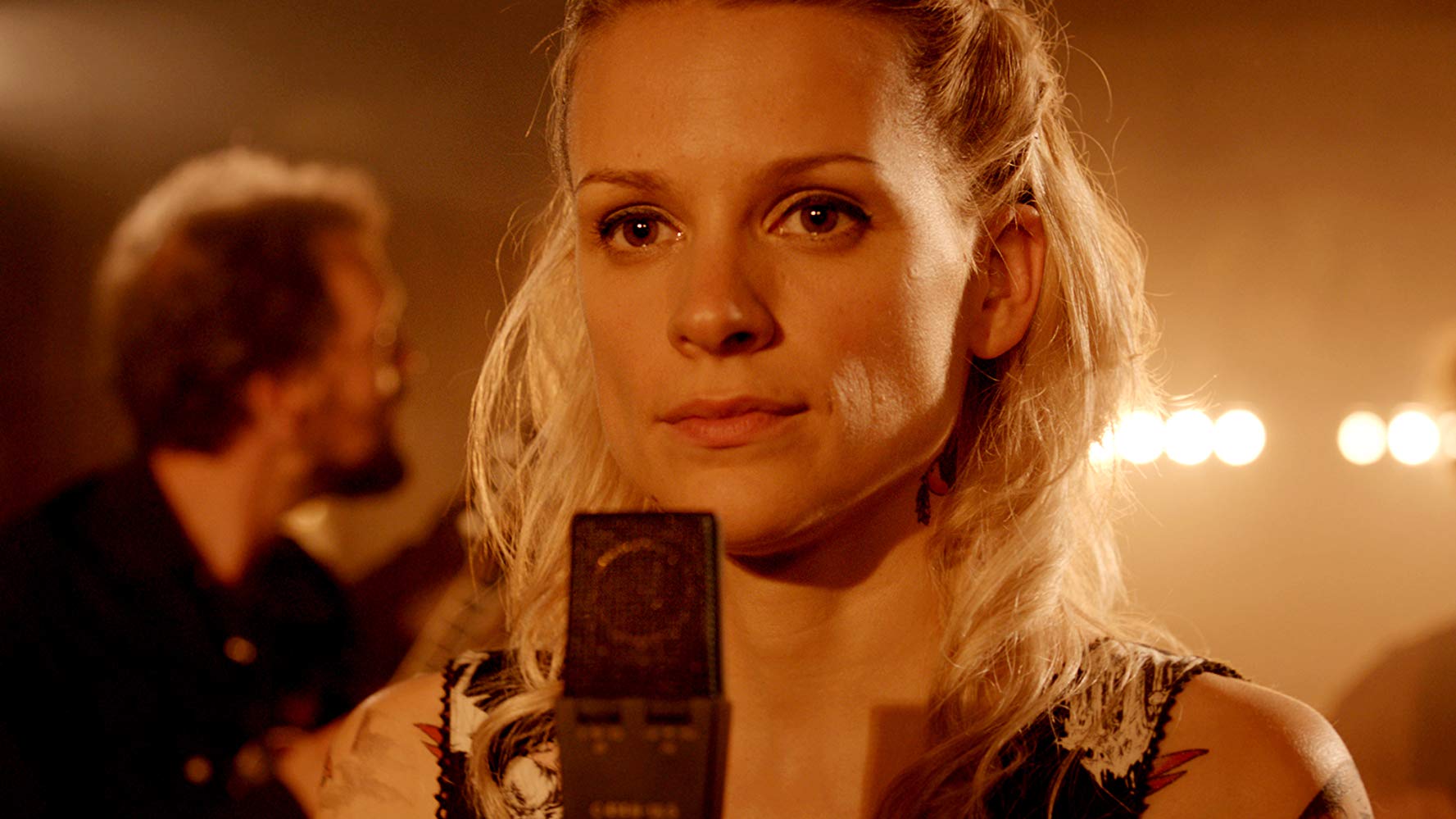
With our modern-day busy life styles and heavy workloads, many of us film lovers find it hard to keep up with the latest releases.
Thus, although we keep up to date the best we can with the latest and greatest English language and foreign releases, it is inevitable that sometimes a great film may pass us by. With that in mind, here are 20 films, released since 2010, that you may have missed but should really find the time to check out.
1. Incendies (Denis Villenueve, 2010)
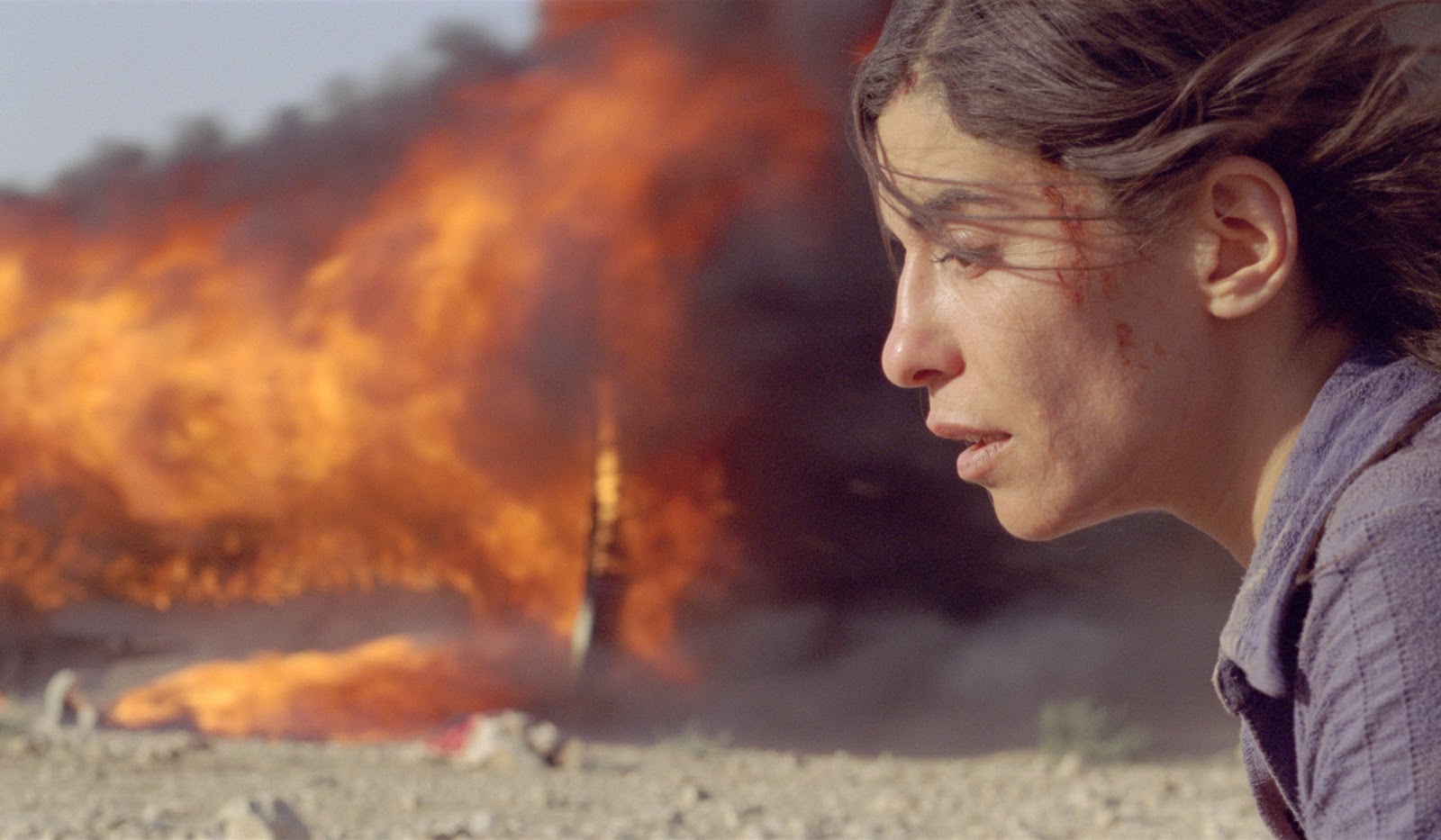
Now a superstar director on the international scene thanks to the commercial and critical success of Arrival and Sicario, Denis Villeneuve’s earlier films are criminally under-appreciated.
Whist Enemy and Maelstrom have achieved something of a cult following, the true gem in his back catalogue is the mesmerising family tale Incendies. Featuring a superb performance from Melissa Desormeaux-Poulin as one of two Canadian twins who try to track down their brother and father (neither of whom they knew existed) by travelling to Lebanon.
The film has some stunning scenes of the Lebanese countryside and explores issues of social unrest, religious conflict and political corruption. It’s an emotional rollercoaster with a reveal that hits you with a deafening thud, and demonstrates Villenueve’s storytelling and directorial ability at its most refined.
2. Breathe In (Drake Doremus, 2013)
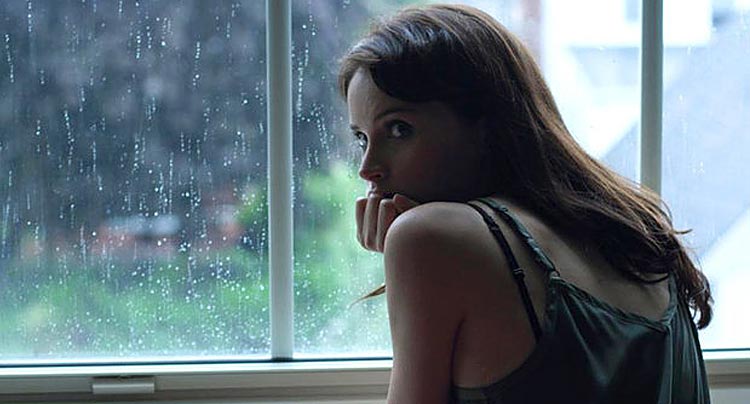
A psychological study of family dynamics from director Drake Doremus. Felicity Jones is excellent as Sophie, a British exchange student who arrives in a small American town to stay with a family.
At first the family seems like a happy mother, father and daughter triumvirate, until we slowly realise that the father character, a frustrated musician played with great subtlety by Guy Pearce, has ambitions far beyond those being stifled by his wife. Sophie is able to bring out the side of him that has been for so long subdued and its then that this little gem of a film comes to life, as the reactions of each of the family members to the supposed betrayal are spread out before us.
3. Parisienne / Peur De Rien (Danielle Arbid, 2015)
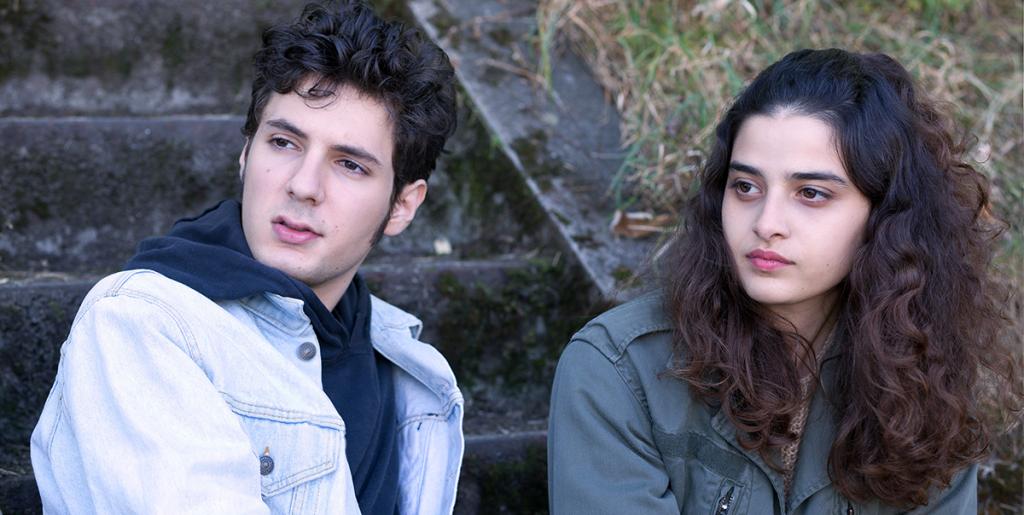
A timely portrayal of a Lebanese immigrant arriving in Paris seeking a better life. What makes Director Danielle Arbid’s film stand out though, is the transformation of the main character. Lina, played with a cunning zeal by Manal Issa, begins the film as a victim, being taken advantage of by her Uncle and initially marginalised at school.
Towards the middle of the film, things begin to go well for her and as the viewer, you are left wondering if she is lucky or manipulative. Scenes where she uses her beauty and mystery to get what she wants support the argument for the latter and by the end of the film, Lina is the one using the system to her own advantages, playing people off against each other.
The scene near the end where she is granted her visa, whilst other more worthy applicants are denied, shows the ultimate success of her ruthless strategy. It’s a haunting performance from Manal Issa as the sinister Lina and gives a powerful flavour of aspects of modern France, showcasing the manipulation of immigrants, juxtaposed with the greed of the French political establishment.
4. Copenhagen (Mark Raso, 2014)
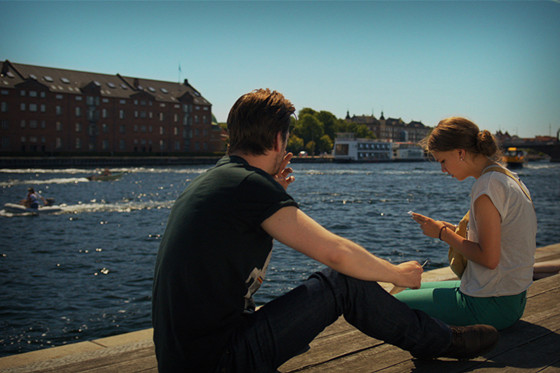
What starts off as a typical ‘American friends travel to Europe’ story, quickly descends into something far more thought-provoking and deep. The film is anchored by a strong central performance from Danish actress Frederikke Dahl Hansen and is set on the streets of Copenhagen. As the stereotypical American tourist, William (played by Gethin Anthony from Game of Thrones) tries to find out about his family history, he is assisted by the seemingly care-free local girl Effy (Dahl Hansen).
What starts off as a friendship, quickly develops into something more and Director Mark Raso manages to skilfully get the viewer on side with this relationship before revealing its flaw. It’s one of those films that leaves you thinking ‘What if that happened to me or someone I know? How would I feel then?’
5. The Daughter (Simon Stone, 2015)
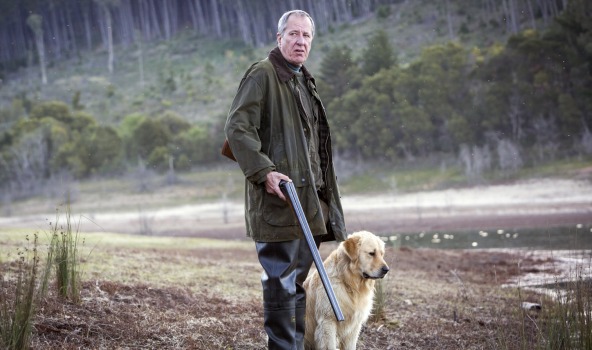
Simon Stone made the move from directing theatre plays to films with this little-known gem from Australia. It’s a moody, atmospheric film that slowly builds up then hits you right in the gut. Family dynamics and dark secrets from the past rear their ugly head as the main characters are pushed into making decisions between blood-line and friendship. You can feel the influence of Stone’s career in theatre as the film has echoes of a play; the action takes place in just three locations – an old country house, a small woodland cottage in the grounds of the house and the school in the local town.
Stone cleverly uses the cinematic device of hearing the character’s voices speak when we can’t actually see them on screen, heightening the tension and building towards the reveal of the films big secret.
6. The Fury / De Helleveeg (Andre Van Duren,2016)
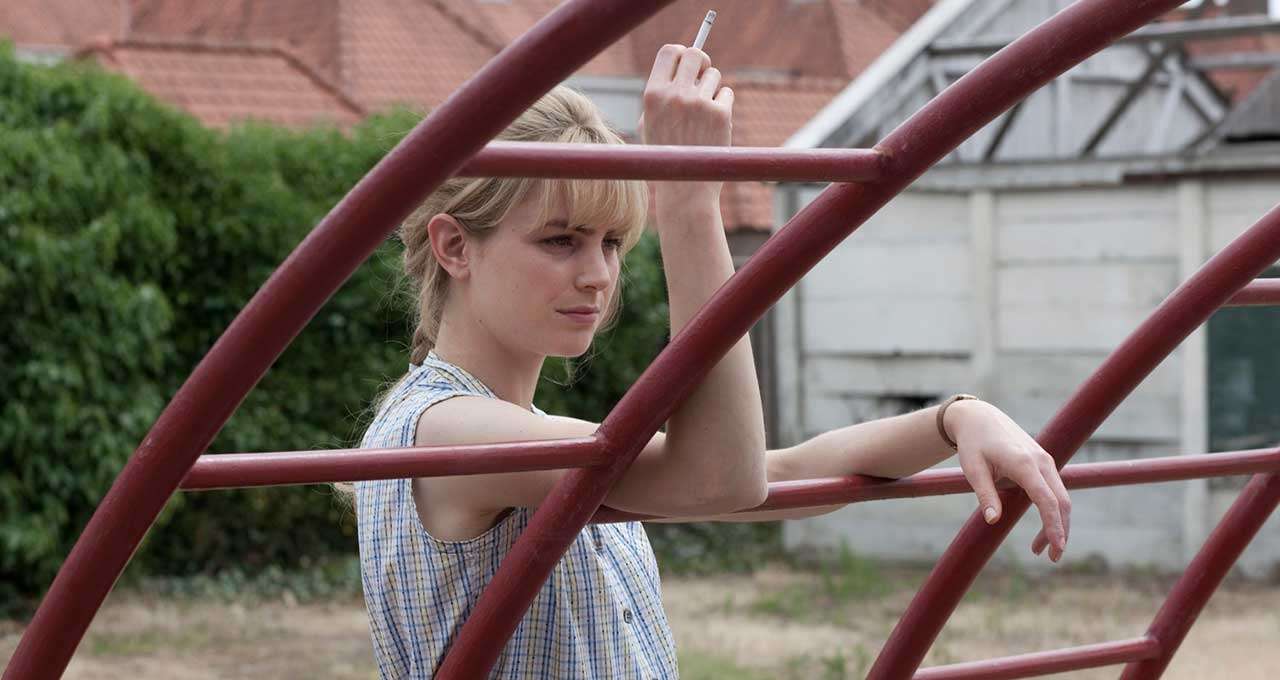
Set during the 1950s and 1960s in the Catholic-dominated South of Holland, Hannah Hoekstra gives the performance of her life as Tiny, a popular yet troubled girl growing up as an outcast within a seemingly normal family. The skill of the film is that at different times in the film the viewer can feel on her side and then against her, such is the polarising nature of her actions and reactions to events.
As the story unfolds and we learn the true reason behind Tiny’s detachment, there is a tendency towards sympathy, although later scenes even blur the lines further. It’s a fascinating character study of someone on the sidelines of life, seen through the eyes of Tiny but also those of her nephew, Albert. It’s a film that challenges you to think and to question the social norms of the society at the time, and also consider just how different things really are now.
7. Mustang (Deniz Gamze Erguyen, 2015)
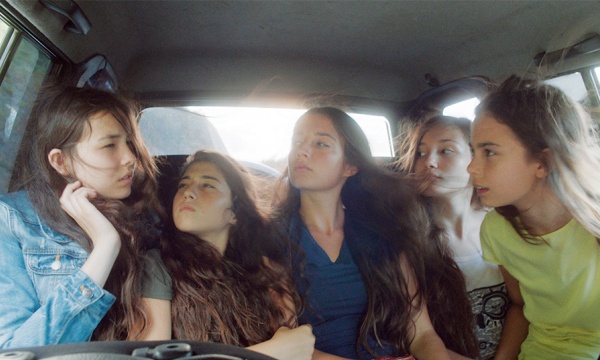
If you haven’t seen this tale of five sisters approaching adulthood in a small Turkish village community, then you really should have. Nominated in the Best Foreign Language Film category at last year’s Oscars, yet still hugely under-appreciated, it is a must-watch film for a multitude of reasons.
Firstly, it superbly brings together the conflict between old-fashioned cultural traditions and a young, ambitious modern generation of Turkish youth. Secondly, it features a break-out performance from hugely talented young actress Gunes Sensoy as Lale. Thirdly, it features a quite breath-taking and perfectly matched musical score by frequent Nick Cave collaborator, Warren Ellis.
Finally, because it is such a well-told and griping story of growing up under oppression and the quest for freedom. There are echoes of Sofia Coppola’s The Virgin Suicides, but whilst this is a film that tells some of the same stories, it does so with such a passion and verve that it carries you on a journey unlike that of any other coming of age film in recent times.
8. Sameblod (Amanda Kernell, 2016)
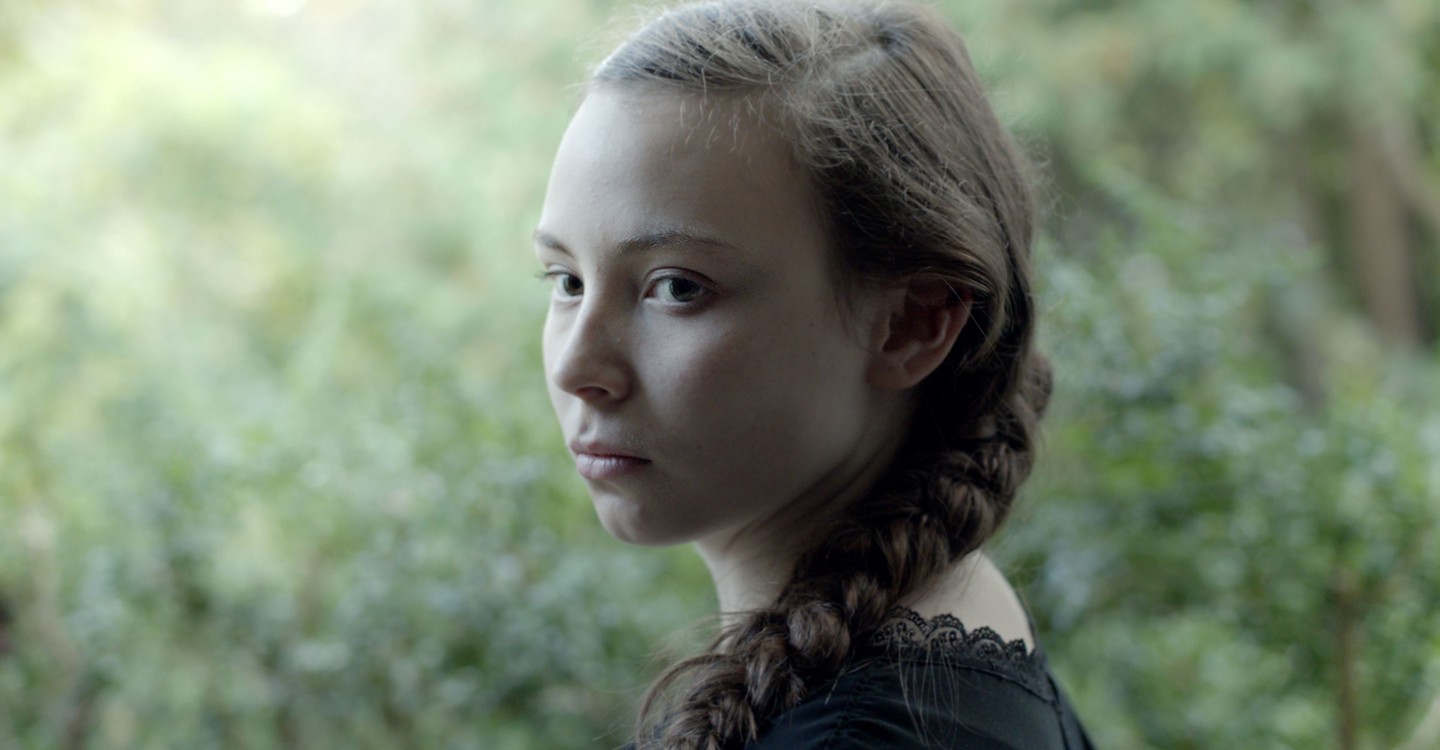
It’s not Director Amanda Kernell’s first film concerning the Sami people of Lapland, but it by far and away her most impressive and effective. The film starts with Elle Marja, a frail but strong-willed elderly woman attending a funeral for a family member. She has clearly been displaced from her family and there are hints at a dark secret as she is clearly unsettled by an event from her past.
What happens over the course of the film is we learn of her story, specifically the story of her latter childhood. This is a film that pays homage to old traditional Sami culture, with some incredibly beautiful scenes in the mountains around Sweden featuring vast woodland, reindeers, giant lakes and snow-covered peaks.
The film revolves around the theme of old vs new with the encroaching hotel so near to the Sami’s land and the paradox of even the Sami people themselves now using a helicopter to fly out to their traditional calf-marking ceremony. The two sisters in the film have polar opposite views and future plans, one desperate to hang on to her traditional Sami life, the other desperate to escape to the city and indulge in all of the temptations of modern life. It’s a film that deals with issues of prejudice and racism, clash of status and the devaluing of culture for the purpose of entertainment of the upper classes.
9. After Lucia / Despues De Lucia (Michel Franco, 2012)
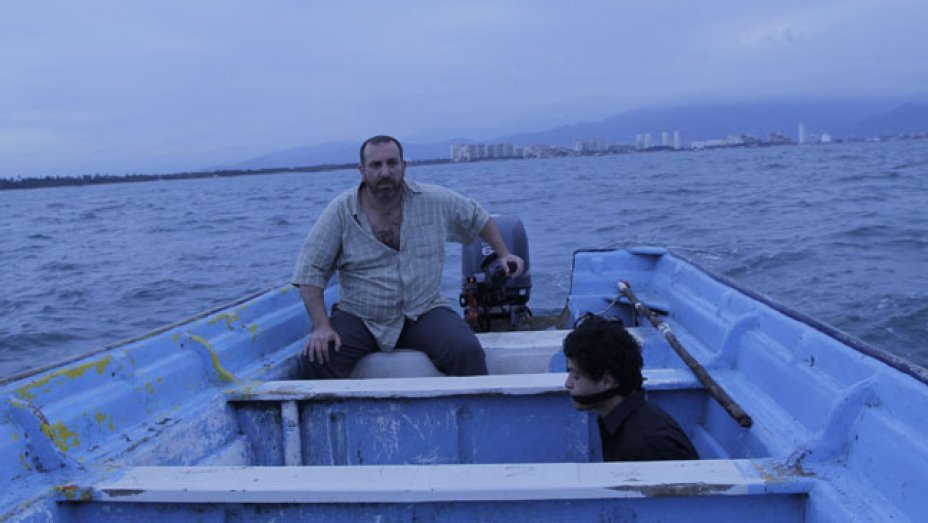
From the opening scene shot from the driver’s seat of the car right through to the closing scene in the speedboat, the 103 minutes of After Lucia is nothing if not a surprise. What you expect to happen never quite seems to fully happen and what does happen is almost always unexpected.
This often-done story of a mother’s death and single Dad and his daughter trying to start over is given a shake-up of monumental proportions by Director Michel Franco. The protagonist Alejandra, played by Tessa Ia, is cast as the victim in so many ways – she has lost her mother, her father is inadequate, and she is bullied and ridiculed regularly at school. However, there is always the feeling that perhaps she is less of a victim after all.
The multiple rape scene seems to blow this theory out of the water, although the ending suggests that maybe she does indeed have the last laugh, although perhaps unwittingly. It’s not a film for the faint-hearted (it features one of the most cold-hearted and matter of fact murder scenes in cinema history) and is certainly not an easy watch but is one of those films that, when the credits roll, you wish you could see what happens next.
10. Image (Adil El Arbi & Bilall Fallah, 2014)
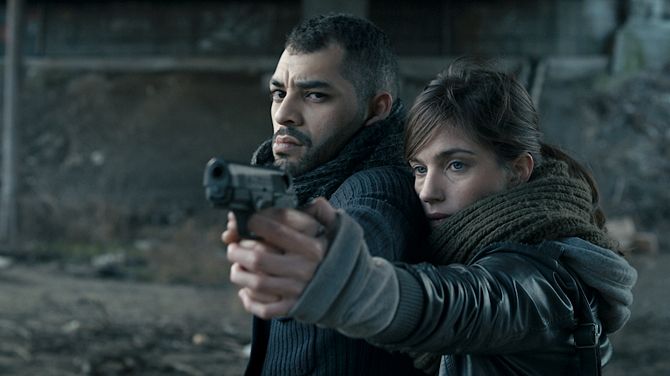
This talented directorial pairing love to comment on immigration, a common theme in their films. In this production, a young Belgian reporter, Eva, ambitious and eager for a big story, becomes involved with a Moroccan low-level gangster, Lahbib, as part of her research.
What starts out as merely the pursuance of a news story quickly develops into something more as the relationship between the two grows deeper and more personal. We are left to wonder if the relationship is genuine or if not who is using who, as Lahbib tries to find a way out of his street life and Eva tries to get the big scoop. What follows renders them both as victims as other forces come into play.